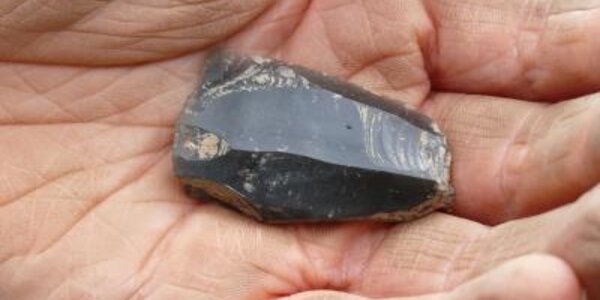Science And The Public: Informed People Make Better Environmental Decisions Than Government Does
We don't need to 'frame' science for the masses, no matter what you may read elsewhere by people who want to manipulate data to achieve their ideological goals.
Informed people who make their own decisions(whether they agree with you or not) and then participate improves the overall quality of federal agencies' decisions about the environment, says a new report from the National Research Council.
More importantly, public involvement increases the legitimacy of decisions in the eyes of those affected by them, which makes it more likely that the decisions will be implemented effectively -…

